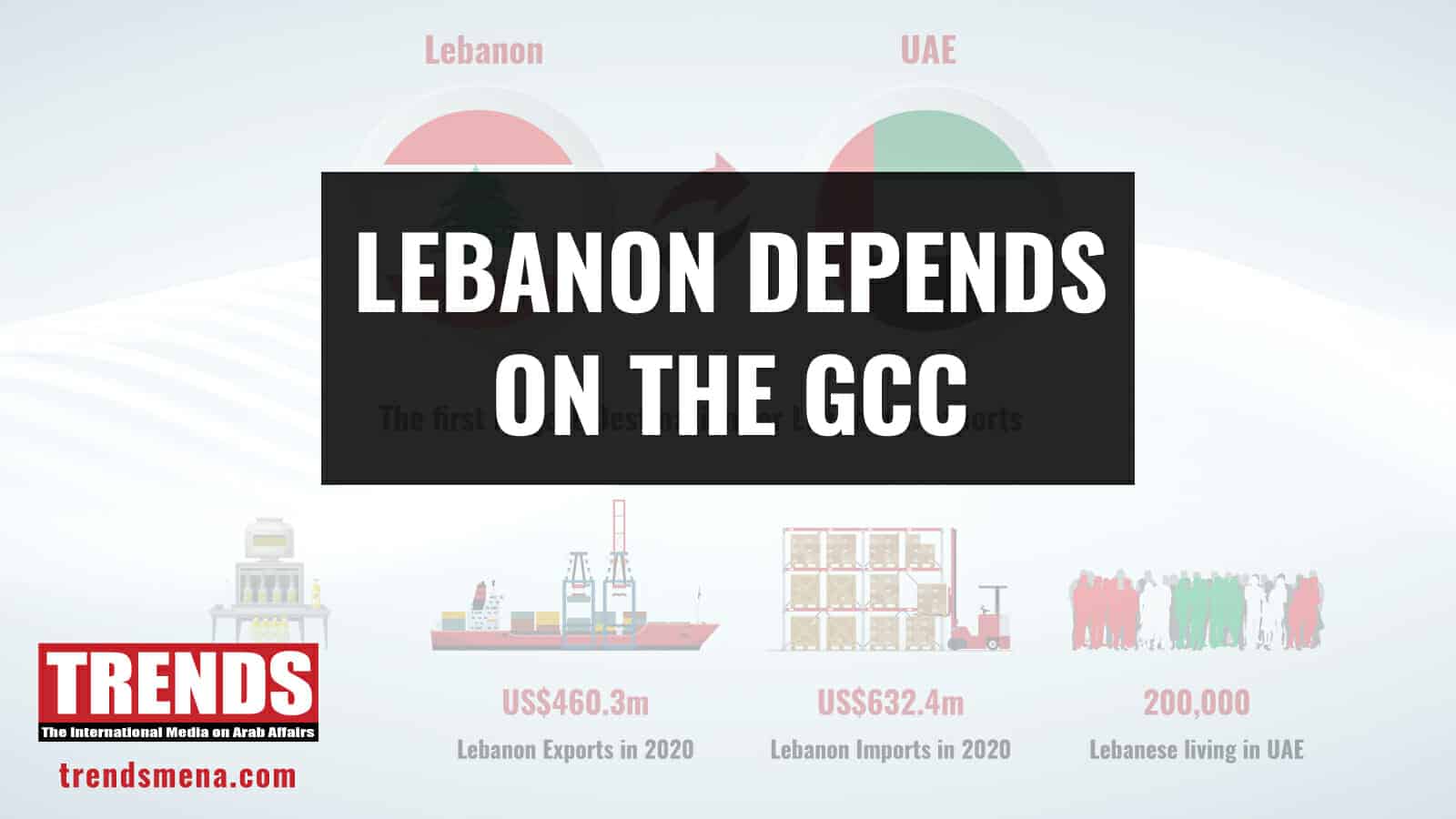What happens when your government plans to tax the use of WhatsApp?
The people of Lebanon answered that question through protests in late 2019, looking to take to task a ruling class that they thought had let them down.
Since then, Lebanon has sunk only deeper into political and economic turmoil, which was exacerbated last year by a blast at the Beirut port that killed hundreds and caused damages worth billions of dollars in property and lost business.
The situation now is that the economic downturn, whose beginnings were signaled by the eventually-scrapped WhatsApp tax proposal, has reached levels where the World Bank ranks it among the three worst of its kind on the planet.
The Lebanese pound has lost around 90 percent of its value, leading to shortage of fuel — to the extent that the entire country was plunged into darkness around a month ago, albeit for a few hours.
Even simple eating is expensive, with the current price of feeding a family of five for a month being five times the minimum wage!
Estimates now say that three out of four people in Lebanon are living in poverty.
Under such circumstances, Lebanon has been asking its neighbors in general and GCC countries in particular for help to bail it out of this economic crisis.
It has already received assurance of electricity supply from Jordan via infrastructure in Syria.
However, that’s not all. Here’s how much Lebanon depends on GCC countries for trade and aid:


